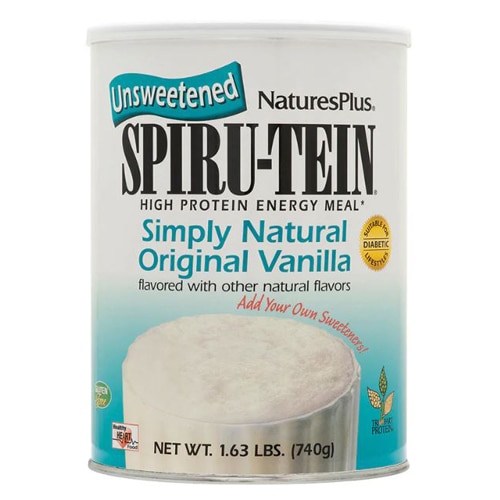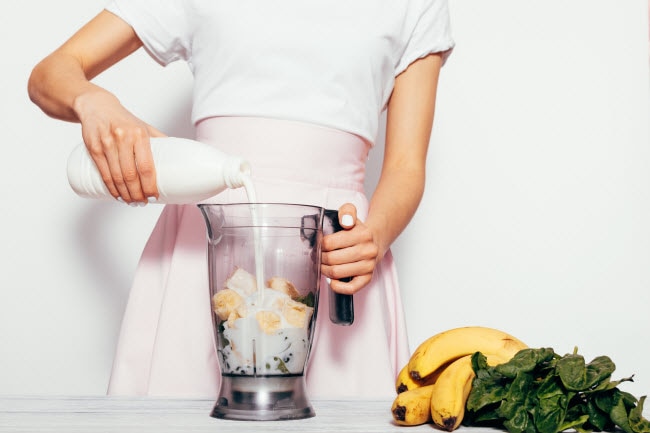Blending a smoothie is a fast and delicious way to quickly satisfy your hunger. Do it right, and you can also add a wealth of vitamins and minerals to your diet.
But not all smoothies are created equal, and even the best and most nutritious smoothie recipes come with some caveats.
Downing a smoothie can make sense in some situations. For example, data has shown that obtaining protein and carbohydrate in liquid form might help it get into the muscle much faster than it would in a mixed meal, says Angela Lemond, a Plano, Texas-based registered dietitian nutritionist and founder of Lemond Nutrition.
“The advantage here would be after a workout,” she says. “It may maximize muscle building and decrease muscle soreness.”
Drinking smoothies also can be a great way to eat foods that many people instinctively do not enjoy – such as spinach or kale – and that offer important vitamins and minerals. The mix of flavors in a green smoothie disguises the taste of foods that some find unpalatable.
The U.S. Department of Agriculture also lauds smoothies as way to increase fruit and vegetable intake, and to add foods such as flaxseed, kefir and herbs to your diet. Smoothies also can add a dose of protein and calcium into your daily meal plan.
The downsides of smoothies
However, even the best smoothies have downsides. For starters, Lemond notes that blending fruit into a smoothie can boost natural sugar totals much higher than what you would take in if you ate the fruit whole.
“It's really the potential caloric load,” she says. “Since they are blenderized, the concentration of the calories can go high really quick even with good quality ingredients.”
Others have warned that adding high-sugar yogurt and unhealthy ice cream to smoothies can outweigh the potential health benefits of such a drink.
For most people, it makes more sense to consume healthful fruits and vegetables in ways that don’t rely on blending them, Lemond says.
“The digestion process is a natural thing the body does to slowly process food for sustained energy,” she says. “Blenderizing does some of the work for the body, so the food does not stay in the system as long.”
As a result, smoothies are less likely to satisfy your hunger as effectively as a mixed, whole meal, she says.
How to make a smoothie the right way
Despite such concerns, smoothies can still be a great way to for some people to get important nutrients they otherwise might miss.
A 2015 study found that when fruit smoothies were introduced as a breakfast item at two Utah high schools, the percentage of students who consumed the equivalent of at least one serving of whole fruit each day soared from 4.3 percent prior to the menu change to a whopping 45.1 percent after.
If you love to consume smoothies, make sure you do it right. The U.S. Centers for Disease Control and Prevention suggests consuming smoothies without adding any sugar.
The natural fruit in a smoothie should provide more than enough sweetness, the CDC says.
Lemond suggests the following recipe:
- 8 ounces of milk or milk alternative
- 1 cup of a fruit of your choice
- And unlimited amount of a vegetable of your choice
- 10 to 20 grams of a protein source of your choice -- protein powder, nut or seed
- Ice or additional water as desired
Such a recipe provides a nice balance of macronutrients such as carbohydrates, fat and protein, she says. Still, Lemond urges you to make a smoothie a relatively rare treat.
“Smoothies are best used when recovering from a workout, if at all,” she says.




